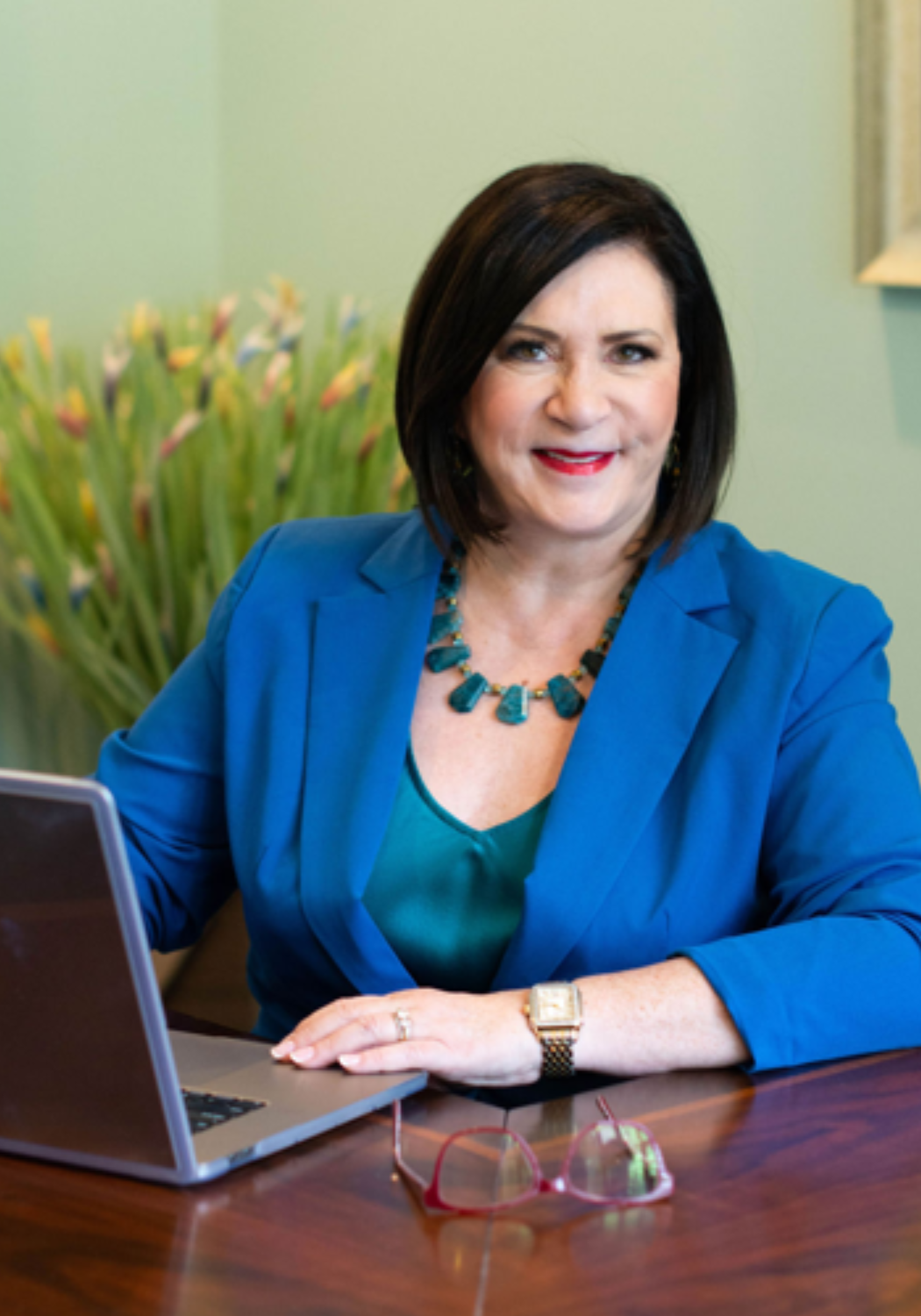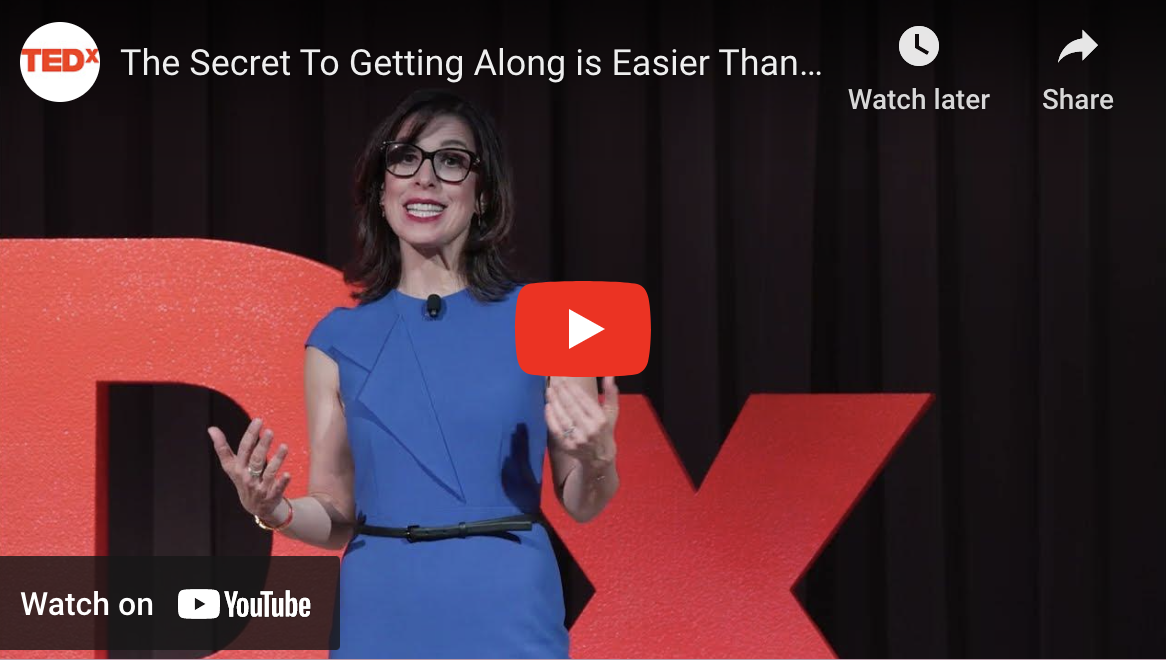Boundaries and Divorce: Cutting the Ties That Bind

Your divorce is finally complete, you’re close to reaching that point, or you’ve just separated. The desire to move on and leave it all behind is strong, but navigating the unfamiliar waters of your new life can feel overwhelming. Anger, resentment, and frustration often become constant companions, especially when there are children involved.
Communicating with an ex-spouse can be incredibly challenging, and discussions may frequently escalate into arguments. Lingering resentments and hurts from the past can resurface easily, leading to the re-emergence of old conflicts. It becomes clear that establishing firm boundaries is crucial for your well-being and the success of a new life.
It is important to remember that if you are experiencing domestic violence or abuse, or if your boundaries are violated in dangerous or legal ways, you should not hesitate to seek help first from the appropriate authorities, such as your attorney, domestic violence experts, or the police. Harassment or stalking must never be tolerated, and your safety should always be a priority.
Understanding Boundaries: What are They and Why Do You Need Them?
To begin the journey of setting boundaries, it’s important to understand their nature and their significance in your life. Dr. Henry Cloud, the author of the book “Boundaries,” describes boundaries as the lines that define us, differentiating between what is “me” and “what is not me.” Boundaries give us a sense of ownership and freedom, allowing us to take responsibility for our lives. Just as knowing the limits of our yard gives us the freedom to utilize it as we wish, taking responsibility for our own lives opens up a variety of possibilities. Without boundaries, our choices and options become severely restricted
Personal boundaries encompass different aspects of our lives, including the mental, physical, spiritual, emotional, sexual, and relational dimensions. They are unique to each individual, and no one can control or dictate another person’s boundaries. Boundaries are not tools for controlling others or punishing them. While they may have consequences, their purpose is not to disconnect us from others, not even from a higher power. Instead, boundaries help us minimize the impact of someone else’s choices on our lives.

Establishing Boundaries: Drawing the Line in the Sand
In an ideal world, divorced couples and their new partners could peacefully coexist, seamlessly attending barbecues, parties and managing relationships with former in-laws while effectively co-parenting. Unfortunately, human nature and unresolved conflicts often hinder the attainment of this Utopia for some. A high conflict ex-spouse necessitates the establishment of boundaries. Other factors to consider include the presence of abuse during the marriage, the circumstances surrounding the divorce – mutual agreement or one partner leaving abruptly for someone else, instances of lying or gaslighting, and the influence of narcissism or selfishness in one spouse.
To create effective boundaries, it’s important to identify the areas of your life that generate the most friction, such as communication, co-parenting, home, finances, and relationships with extended family members. While there is no one size fits all formula for setting boundaries, there are steps you can take to help you establish them effectively.
Here’s an example of the boundary setting process:
1. Identify the frustration – Recognize the specific issue causing conflict. for instance, your attempts to discuss matters concerning your children with
2. Decide on your want and/or limit – Determine what you generally desire from the situation. In this case, you genuinely want to have calm conversations with your ex about your children sharing important information and making joint decisions.
3. Express your want and/limit – Communicate your desires to your ex-spouse, whether through a message, email, or letter which are better options than in person. Clearly explain your desire to include him in the decision-making process regarding your children. Establish the boundary: when you become angry, I will discontinue the conversation.
4. Act on it – This is the most challenging part. Once you express your wishes, set the boundary, and state the consequences, you must be ready to consistently follow through. In most cases the follow-through is as important as setting the boundary in the first place. If you don’t enforce your boundaries, you send the message to you ex that you can be manipulated.
While the idea of setting boundaries may seem overwhelming or difficult, it’s important to view it as a form of protection. by establishing firm limits, you are safeguarding what is important to you, allowing yourself to relax and become more flexible. Setting boundaries is akin to installing a security system in your house when activated, it provides peace of mind, assuring you that it will alert you if someone attempts to break in. Similarly, when you set and maintain your boundaries you can experience greater peace as frustrations are minimized.
Examples of healthy and unhealthy boundaries:
Often, we may have poor boundaries without even realizing it. Here’s some indicators that you may need to establish better boundaries in your life:
• Failing to speak up when treated poorly by others, including your ex-spouse berating and criticizing you.
• Giving away too much of your time and energy, prioritizing others’ needs over your own.
• Agreeing with others when you actually disagree, avoiding conflict to maintain harmony.
• Saying yes to others when you generally want to say no.
• Feeling guilty for dedicating time to yourself and neglecting your own well-being.
• Engaging in toxic relationships characterized by one-sided giving and taking.
• Demonstrating passive-aggressive behavior and manipulative tendencies to regain a sense of power.
• Feeling out of touch with your own needs and desires.
• Experiencing chronic fear and concern about others’ opinion of you.

If you identify with three or more of the statements above, it is likely that you struggle with setting boundaries in your life. Take control by considering the following suggestions:
• Saying no – Grant yourself permission to say no when It aligns with your true desires and needs. Express your choice assertively yet kindly.
• Refusing to take blame – Recognize that others’ anger and blame are not your responsibility. Acknowledge their pain and offer support, but firmly declined to accept responsibility for their actions.
• Expecting respect – It is reasonable to expect kindness and respectful communication from others. If someone treats you disrespectfully, remove yourself from the situation.
• Developing your own feelings – take the time to understand and validate your own emotions. do not allow others to invalidate how you feel.
• Finding your identity outside of a relationship – Re-discover your individuality and separate I and me from the context of your past relationship recognize your passions, interest, and talents.
• Communicating effectively and assertively can be challenging after a divorce. Clearly express your discomfort when necessary and make it known that certain behaviors or actions are not acceptable.
• Don’t stay connected – If a friend wants to tell you things about your ex-spouse or show you pictures on social media, kindly let them know that you don’t wish to hear anything about them. This can save you a great deal of pain.
• Disengage from your ex-spouse’s social media. This might include their families and friends. This is critical so you can move on with your life without set-backs.
Cutting Ties
You can and should strive for a peaceful life after divorce. To do this, you must separate yourself from drama, disengage from arguments, and set boundaries to protect your time and space. As others push against your boundaries, it becomes even more crucial to firmly establish and maintain them. Toxic individuals may resist change but you must be prepared to stand your ground responsibly.
After divorce, an ex-spouse may try to disrupt your efforts to move on in a healthy and positive way. However, by setting boundaries and maintaining firm resolve, you can start on the path to personal growth and emotional healing.

About the Author
Beverly Price, MBA, is a CDC Certified Divorce Coach®, Women’s Empowerment Coach, and podcast host of Her Empowered Divorce. She combines the best of divorce and empowerment coaching to provide education, support, and insight to guide women along the entire divorce process from beginning to end, and to conquer its emotional, technical, financial and logistical challenges. She works with women to create long term change, not just for the divorce process. She serves women three ways – those contemplating divorce, those in the legal and financial process, and 3) those who are divorced, but want a happier, more fulfilling life.
She has a personal history with divorce, co-parenting, domestic violence and more. Combining this personal experience with her training, professional expertise, she can help women by supporting them along their journey by helping them to work through resentments, challenges of co-parenting, time management, communication, fear, sadness and shock.
When she embraced her authentic voice and her own power, she went from self-doubt to self-love – and that is what she wants for her clients. It is possible! Beverly loves on the South Carolina coast with her husband and five dogs. You can contact her at www.herempowereddivorce.com



About the Author
Beverly Price, MBA, is a CDC Certified Divorce Coach®, Women’s Empowerment Coach, and podcast host of Her Empowered Divorce. She combines the best of divorce and empowerment coaching to provide education, support, and insight to guide women along the entire divorce process from beginning to end, and to conquer its emotional, technical, financial and logistical challenges. She works with women to create long term change, not just for the divorce process. She serves women three ways – those contemplating divorce, those in the legal and financial process, and 3) those who are divorced, but want a happier, more fulfilling life.
She has a personal history with divorce, co-parenting, domestic violence and more. Combining this personal experience with her training, professional expertise, she can help women by supporting them along their journey by helping them to work through resentments, challenges of co-parenting, time management, communication, fear, sadness and shock.
When she embraced her authentic voice and her own power, she went from self-doubt to self-love – and that is what she wants for her clients. It is possible! Beverly loves on the South Carolina coast with her husband and five dogs. You can contact her at www.herempowereddivorce.com


FOLLOW GABRIELLE


DISCLAIMER: The commentary, advice, and opinions from Gabrielle Hartley are for informational purposes only and not for the purpose of providing legal advice or mental health services. You should contact an attorney and/or mental health professional in your state to obtain advice with respect to any particular issue or problem.
- One Edgewater Plaza Suite 304, Staten Island, NY 10305
- 266 Smith Street, Brooklyn, NY 11231
Northampton MA
PHONE:
New York: (917) 905-4553
Boston: (413) 450-0420








